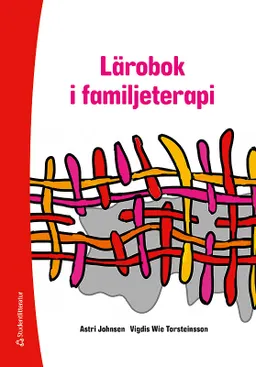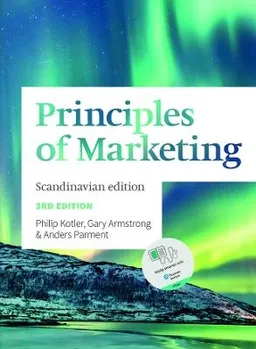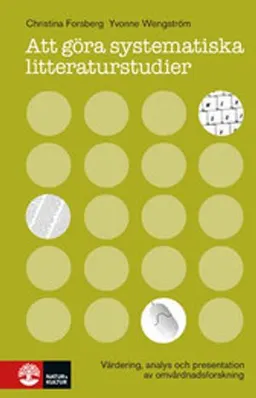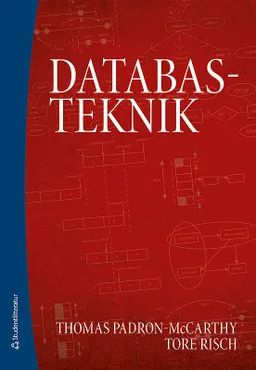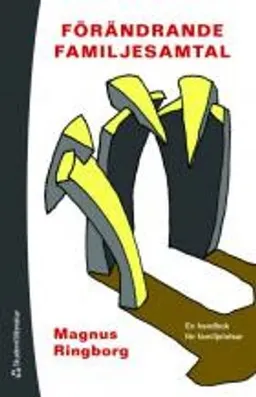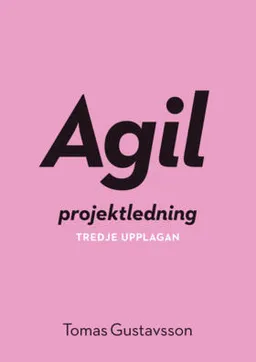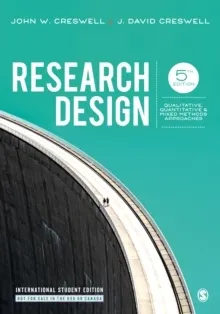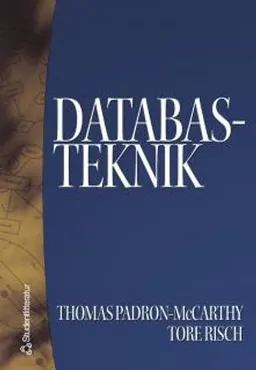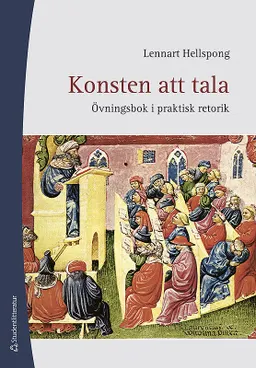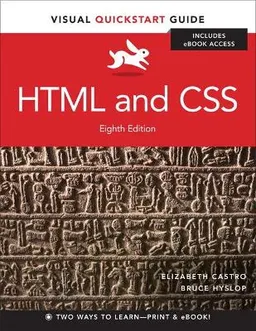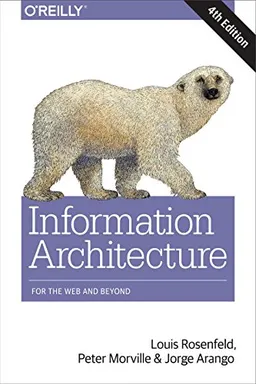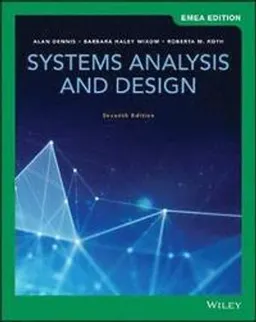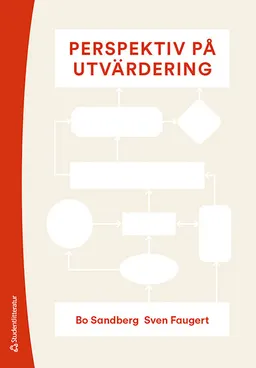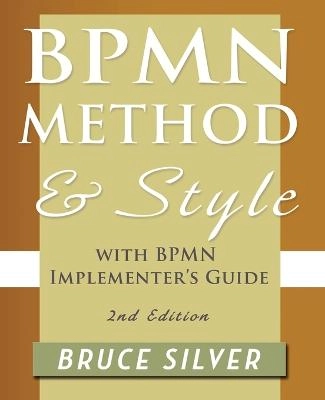

BPMN Method and Style, 2nd Edition, with BPMN Implementer's GuideUpplaga 2
- Upplaga: 2a upplagan
- Utgiven: 2011
- ISBN: 9780982368114
- Sidor: 286 st
- Förlag: Cody-Cassidy Press
- Format: Häftad
- Språk: Engelska
Om boken
Åtkomstkoder och digitalt tilläggsmaterial garanteras inte med begagnade böcker
Mer om BPMN Method and Style, 2nd Edition, with BPMN Implementer's Guide (2011)
I oktober 2011 släpptes boken BPMN Method and Style, 2nd Edition, with BPMN Implementer's Guide skriven av Bruce S Silver. Det är den 2a upplagan av kursboken. Den är skriven på engelska och består av 286 sidor. Förlaget bakom boken är Cody-Cassidy Press.
Köp boken BPMN Method and Style, 2nd Edition, with BPMN Implementer's Guide på Studentapan och spara uppåt 53% jämfört med lägsta nypris hos bokhandeln.
Referera till BPMN Method and Style, 2nd Edition, with BPMN Implementer's Guide (Upplaga 2)
Harvard
Oxford
APA
Vancouver
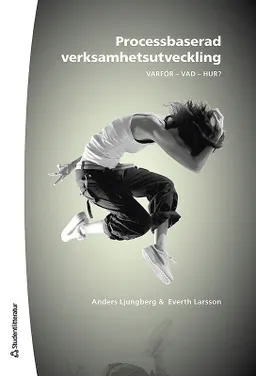
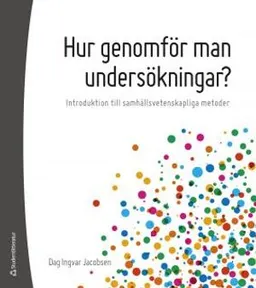
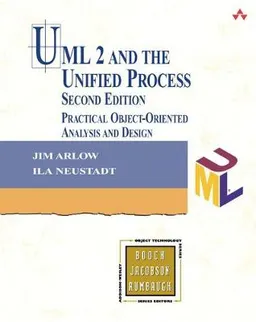
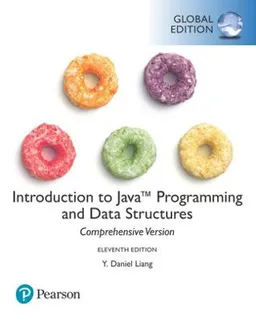
![Navigering och sjömanskap grundbok [Rev uppl 201109]; Ekblad Jonas & Wallin Börje; 2011](/images/format:webp/size:256:0/asset/book-cover/navigering-och-sjomanskap-grundbok-rev-uppl-201109-9789157481207)
